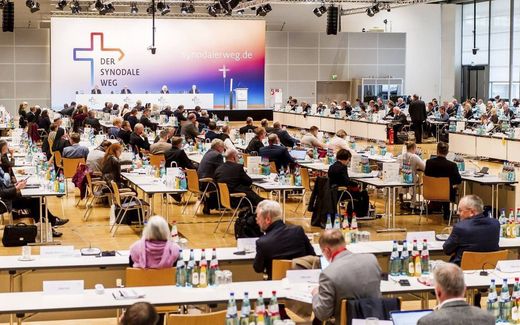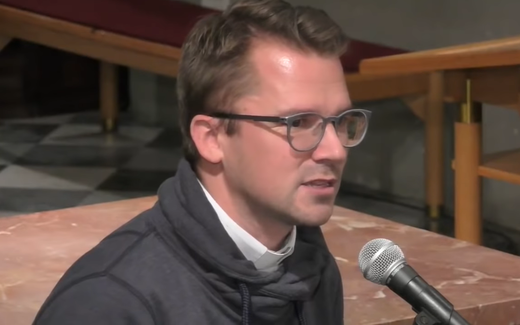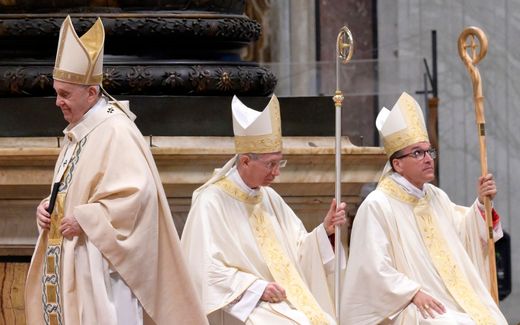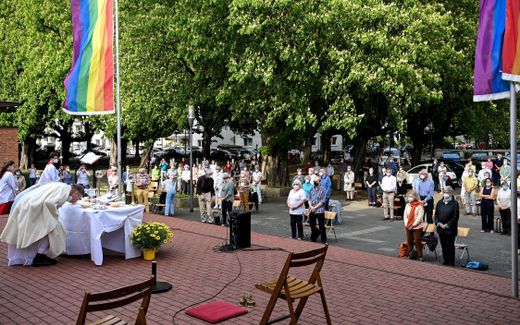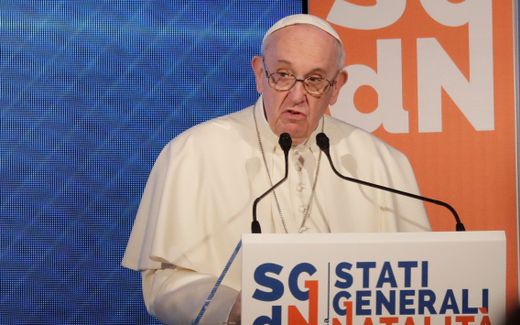Nordic bishops affirm Catholic teaching on sexuality
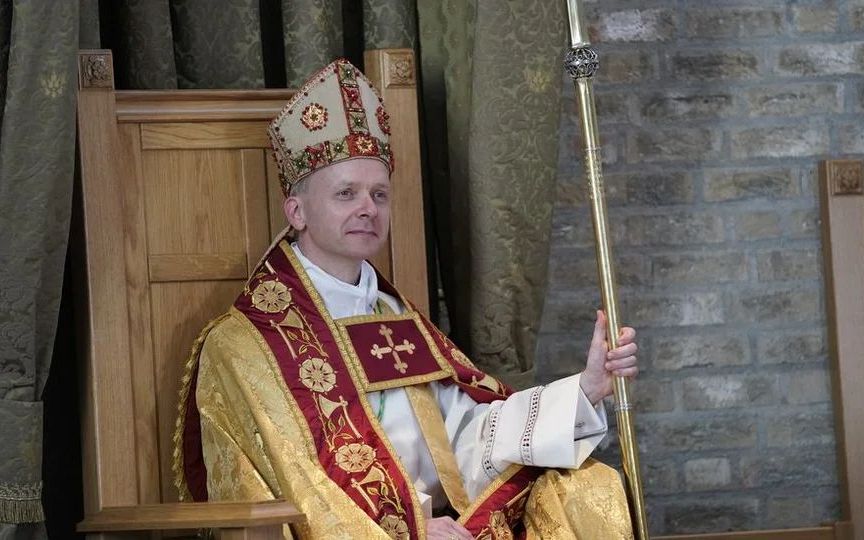
The eight bishops of the Nordic Catholic Church have sent a letter to the believers to affirm the classical Biblical teaching about marriage and sexuality. Photo: Cardinal Erik Varden. Photo Catholica.is
Northern Europe
Catholic Bishops of the five Nordic countries have given a statement to affirm the church’s teaching on marriage and sexuality.
Entitled the “Shepherd Letter on human sexuality,” the document has been written in response to a recent decision by the Catholic Church in Germany. The Dagen report also said that members of the so-called Synodal Way voted for a proposal to hold same-sex weddings starting in 2026. For the Catholic Church, this would be quite a change.
In the Nordic countries, the Catholic church is traditionally relatively weak. After the Reformation, the Lutheran churches took over the position of the Roman Catholic Church. In most regions, the Catholic church is a minority church.
Ideologies
The letter from the eight bishops was read in churches last weekend in the five Nordic countries: Norway, Sweden, Finland, Denmark and Iceland. The aim is to “embody integrity of personhood” against modern transgender ideologies.
“Now, notions of what it is to be a human, and so a sexual being, are in flux”, the bishops say. “What is taken for granted today may be rejected tomorrow. We need deep roots.”
Instead of modern ideas, people need “fundamental principles of a Christian anthropology”, the church leaders say. “We owe it to the Lord, to ourselves, and to our world, to give an account of what we believe and why we believe it to be true.”
The bishops have a mission, they write, according to a report by Catholic News Agency. “Our task as bishops is to point towards the peaceful, life-giving path of Christ’s commandments”, they say. “We would let you down if we offered less. We were not ordained to preach little notions of our own.”
On the other hand, no one is excluded from the church since “the mercy of God descending on mankind.”
Rainbow
The Nordic bishops refer to the rainbow, the covenantal sign God gave after the flood. “This covenantal sign, the rainbow, is claimed in our time as the symbol of a movement that is at once political and cultural,” the bishops note. “We recognise all that is noble in this movement’s aspirations. In so far as these speak of the dignity of all human beings and of their longing to be seen, we share them.”
“The Church,” the letter continues, “condemns unjust discrimination of any kind, also based on gender or orientation. We declare dissent, however, when the movement puts forward a view of human nature that abstracts from the embodied integrity of personhood, as if physical gender were accidental.”
The bishops also say in the letter they protest that such a view is imposed on children as “not a daring hypothesis but a proven truth.”
Ideals
The Oslo-based nun, sister Anne Bente Hadland, says the bishop’s letter is intended to “point toward goals we should strive for”, she is quoted in Dagen. “I see this as a positive description of human sexuality, where you uphold the ideals of the church’s teachings while at the same time acknowledging that you have to meet people where they are in life. This letter points to a goal we should grow towards,” she said.
Hadland also said that many leaders have agreed that biological sex is being “devalued” and gender identity is deemed as “subjective.” Another point addresses “irregular forms of cohabitation,” which include same-sex couples, divorced, or remarried.” The signers agree that making such commitments can be possible, even if it does not occur within a “church context.” While the letter does not explicitly mention “homosexuality” nor “Pride,” it is intended to emphasise a process while encouraging congregants to hold fast to Church teachings.
“Catholic pastoral care and guidance will always be directed towards process, towards you becoming more holy. It is directed towards the direction in which you are moving. If a man goes from fornicating with many women to being faithful to one, then it is a movement –a quantum leap– in the right direction. Cohabitation is not a sacramental marriage, but as the bishops say: “Every step forward is cause for joy,” Ragnhild Helena Aadland Høen said, a writer and social debater.
Aadland Høen also said many are confused when understanding sexuality in a Christian context. Rather, the letter serves as a way for potential members to “get to know Christ’s calling” and understand the shallowness of secular expressions in sexuality.
“We will have precious contributions to make if we rediscover the sacramental role of sexuality in God’s plan,” she said.
Affirmation
However, not everyone agrees that the letter pursues Biblical marriage. According to a report from Katholisch, the “pastoral letter” does not uphold traditional views of sexuality, as it can be seen as an affirmation of the LGBTQ movement. One clause condemns “all forms of discrimination,” including those based on gender identity or orientation. However, the bishops from the five Nordic countries acknowledged that for children choosing their own gender identity, they would be faced with a “pressing burden”.
Related Articles


